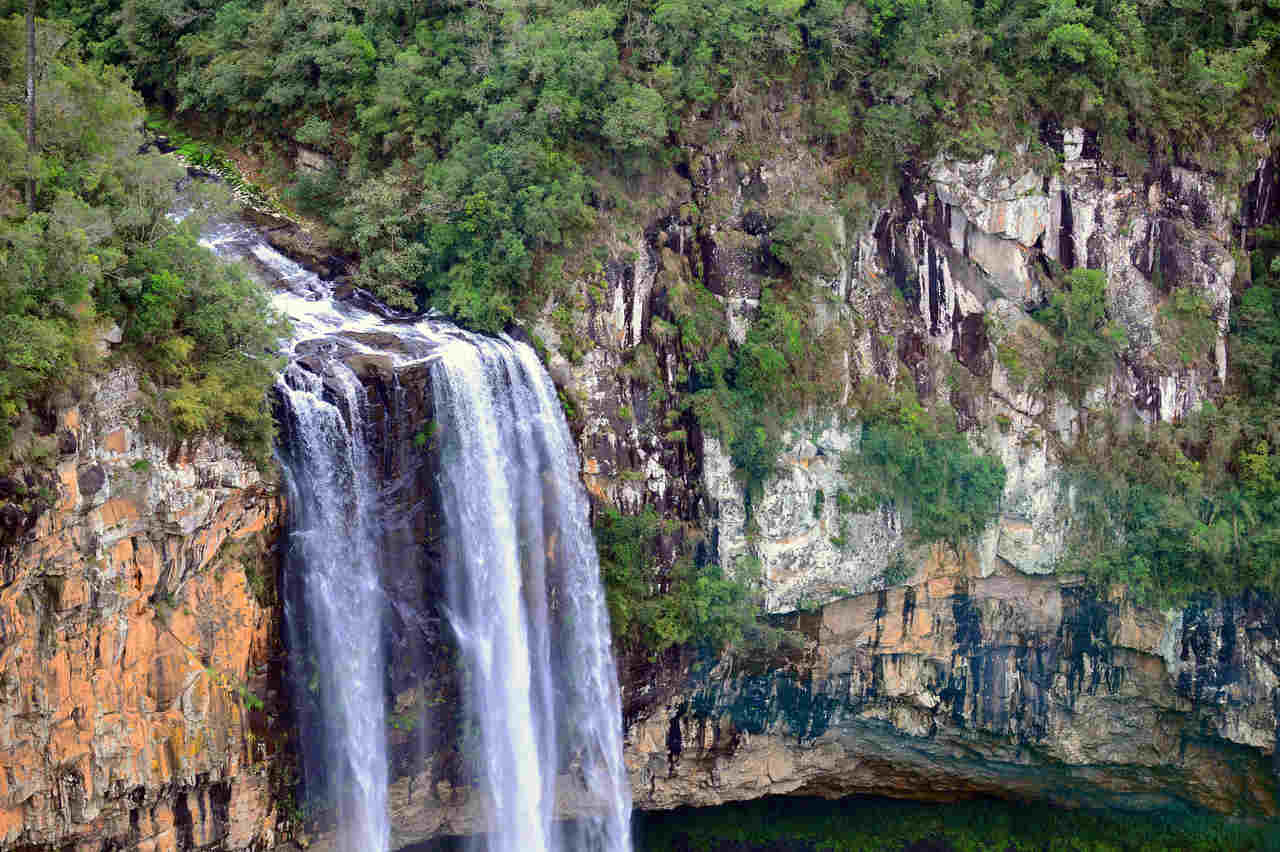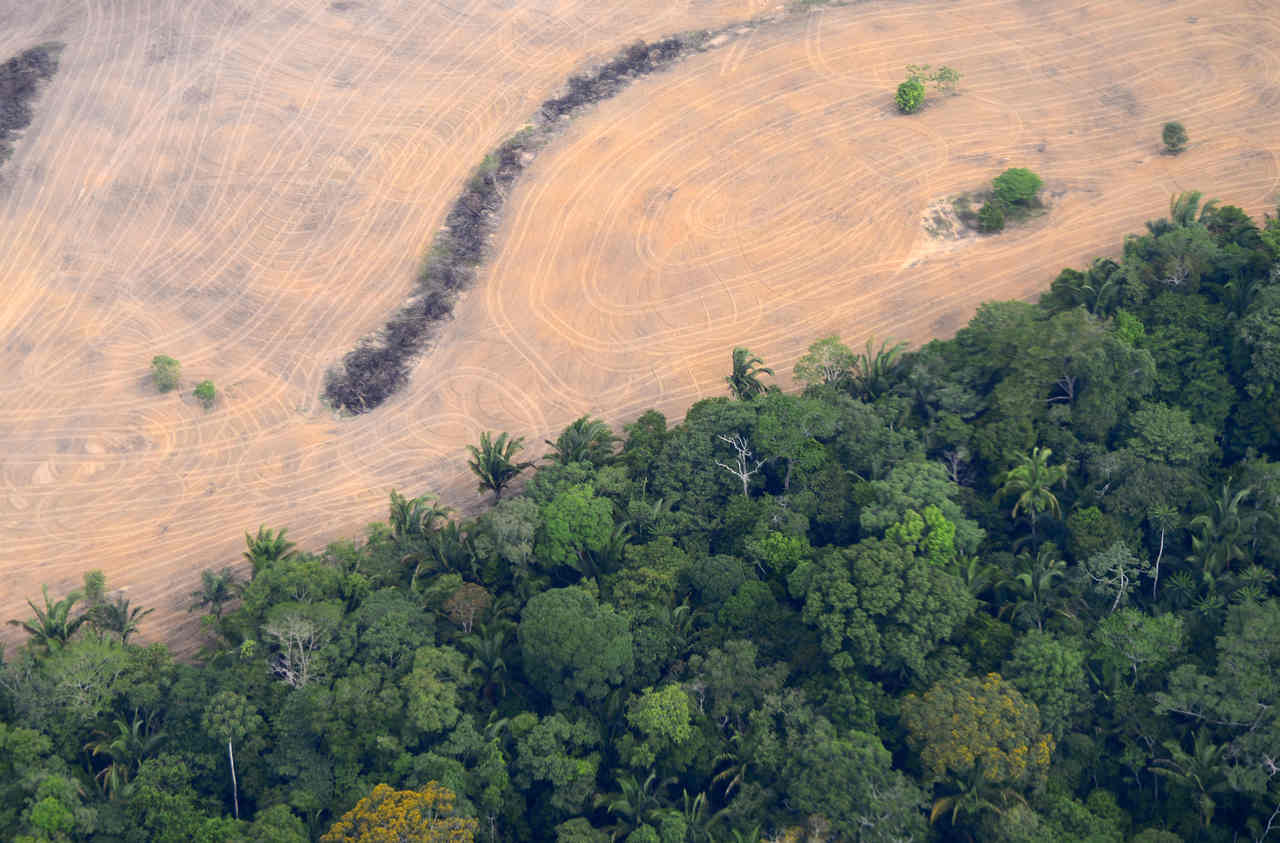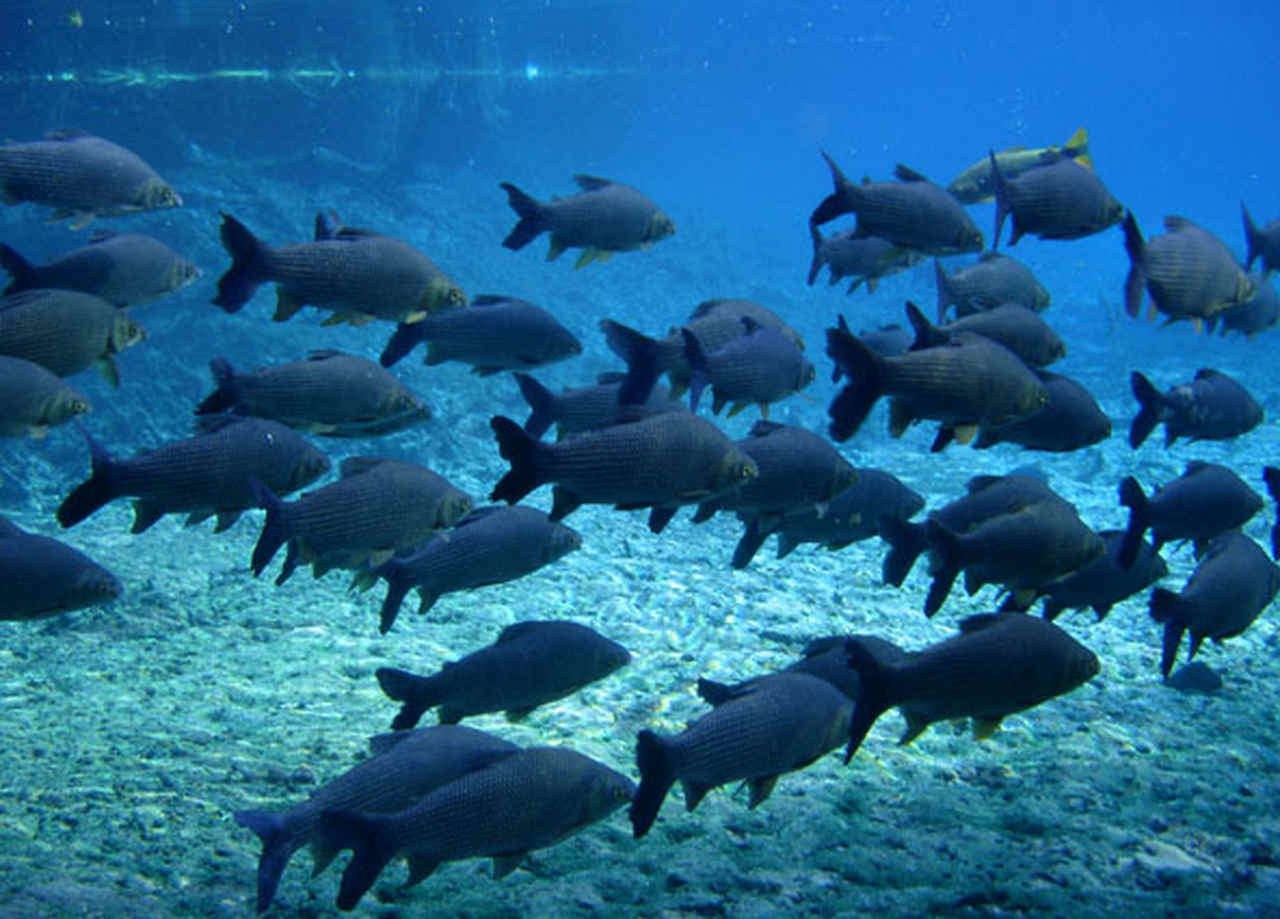The 1st Brazilian Assessment on Biodiversity and Ecosystem Services in Brazil will be launched in November with the collaboration of over 100 scientists.
To produce regular syntheses of the best available knowledge by academic science and traditional knowledge on Biodiversity, Ecosystem Services and their relations with human well-being and to promote dialogues with different sectors of society. That is the mission of the Brazilian Platform on Biodiversity and Ecosystem Services – BPBES. To accomplish this, BPBES will launch, on November 2018, the 1st Brazilian Assessment on Biodiversity and Ecosystem Services. “We want to bring biodiversity and ecosystem services into the country’s development process rather than treating them as appendages”, explains Professor Fabio Scarano, one of the Platform’s chairman and co-chair of ESP LAC 2018.
 BPBES was established on February 2017 and for its 1st Assessment, it has the voluntary contribution of over 100 scientists from all regions of Brazil and from different areas of knowledge , including social sciences as well as indigenous and traditional knowledge.
BPBES was established on February 2017 and for its 1st Assessment, it has the voluntary contribution of over 100 scientists from all regions of Brazil and from different areas of knowledge , including social sciences as well as indigenous and traditional knowledge.
The Platform is namely inspired by the Intergovernmental Platform on Biodiversity and Ecosystem Services (IPBES). Therefore, it aims at engaging scientists, indigenous people, local communities, decision makers and the private sector under the same conceptual framework. Nevertheless, BPBES has its own features.
One of these particularities is the establishment of dialogues with stakeholders involved with biodiversity and ecosystem services issues (such as indigenous and traditional people, NGOs, private sector). The main objective is “to collect suggestions, critics and to engage the stakeholders into the elaboration and revision of the assessments that will be provided” explains Dr. Maíra Padgurschi, Young Fellow of the Platform and chair of ESP LAC 2018. This approach ensures that the Assessment can guide the actions of decision-makers.
 Preliminary results of those meetings were the establishment of partnerships to provide – up to now – four more thematic assessments. They will focus on different relationships of biodiversity with water, climate change, pollinators and food production, indigenous and local knowledge. They are all in progress and will be launched during the next year.
Preliminary results of those meetings were the establishment of partnerships to provide – up to now – four more thematic assessments. They will focus on different relationships of biodiversity with water, climate change, pollinators and food production, indigenous and local knowledge. They are all in progress and will be launched during the next year.
The first Assessment will target public and private sector decision-makers. The document will contain syntheses of trends in biodiversity and ecosystem services loss in each biome (Amazon, Atlantic Forest, Caatinga, Cerrado, Pantanal, Pampa, including continental aquatic systems and coastal and marine zones); their main drivers of change and the synergies between them, multi-scale interactions between the ecological and social dimensions; the options of governance, institutional arrangements of decision making, following the logic of IPBES Conceptual Framework.
“The 1st assessment does not intend to be prescriptive, that is, it will not tell what each one should or should not do. It will have a purposeful tone, seeking to include biodiversity and ecosystem services at the center of the country’s development process. The goal is not only to give bad news, but above all, it will emphasize solutions that already exist, are already underway, their potential for replication and their scalability”, explains Scarano.
 BPBES also has a concern: simply providing high quality scientific information does not guarantee its use. Working with information driven to focal groups, enhances its use, scope and impact. “You need to translate this information into a language that can be used, like the preparation of the maps ‘Priority areas for conservation and restoration of biodiversity’ [under the Biota Program]. The maps guided the Environment Secretariat of São Paulo and the Secretariat of Agriculture of São Paulo to establish the zoning for sugarcane plantation in the state. Anyway, you get an instrument that can be used by managers. It is this idea of the Brazilian Platform “, underlines Carlos Joly the chairman of the Biota Program and one of the coordinators of BPBES.
BPBES also has a concern: simply providing high quality scientific information does not guarantee its use. Working with information driven to focal groups, enhances its use, scope and impact. “You need to translate this information into a language that can be used, like the preparation of the maps ‘Priority areas for conservation and restoration of biodiversity’ [under the Biota Program]. The maps guided the Environment Secretariat of São Paulo and the Secretariat of Agriculture of São Paulo to establish the zoning for sugarcane plantation in the state. Anyway, you get an instrument that can be used by managers. It is this idea of the Brazilian Platform “, underlines Carlos Joly the chairman of the Biota Program and one of the coordinators of BPBES.
BPBES will also host the ESP Latin America and the Caribbean regional conference 2018, which will focus on global changes, ecosystem services and multilateral environmental agreements in Latin America and the Caribbean. The conference will take place in the University of Campinas, São Paulo (Brazil) during 22-26 October, 2018.
BPBES is placed under the auspices of the Brazilian Society for the Advancement of Science (SBPC, in Portuguese) as a Working Group. It has the support from the Ministry of Science, Technology, Innovation and Communication through the National Council of Technological and Scientific Development (MCTIC/CNPq), the State of São Paulo Research Foundation (FAPESP) and the Brazilian Foundation for Sustainable Development (FBDS).
Authors:
Paula Drummond de Castro is Biologist, PhD in Science and Technology Policy and, at the present, Science Journalism specialist student (in progress). Paula joins the BPBES communication team.
Maíra Padgurschi is Biologist, PhD in Plant Biology, Young Fellow of BPBES and she is the chair of ESP LAC 2018 organizing committee.
Carlos Joly is Biologist, Professor of the Department of Plant Biology in the Biology Institute at University of Campinas. He is chairman of BPBES and Biota/Fapesp Program.
